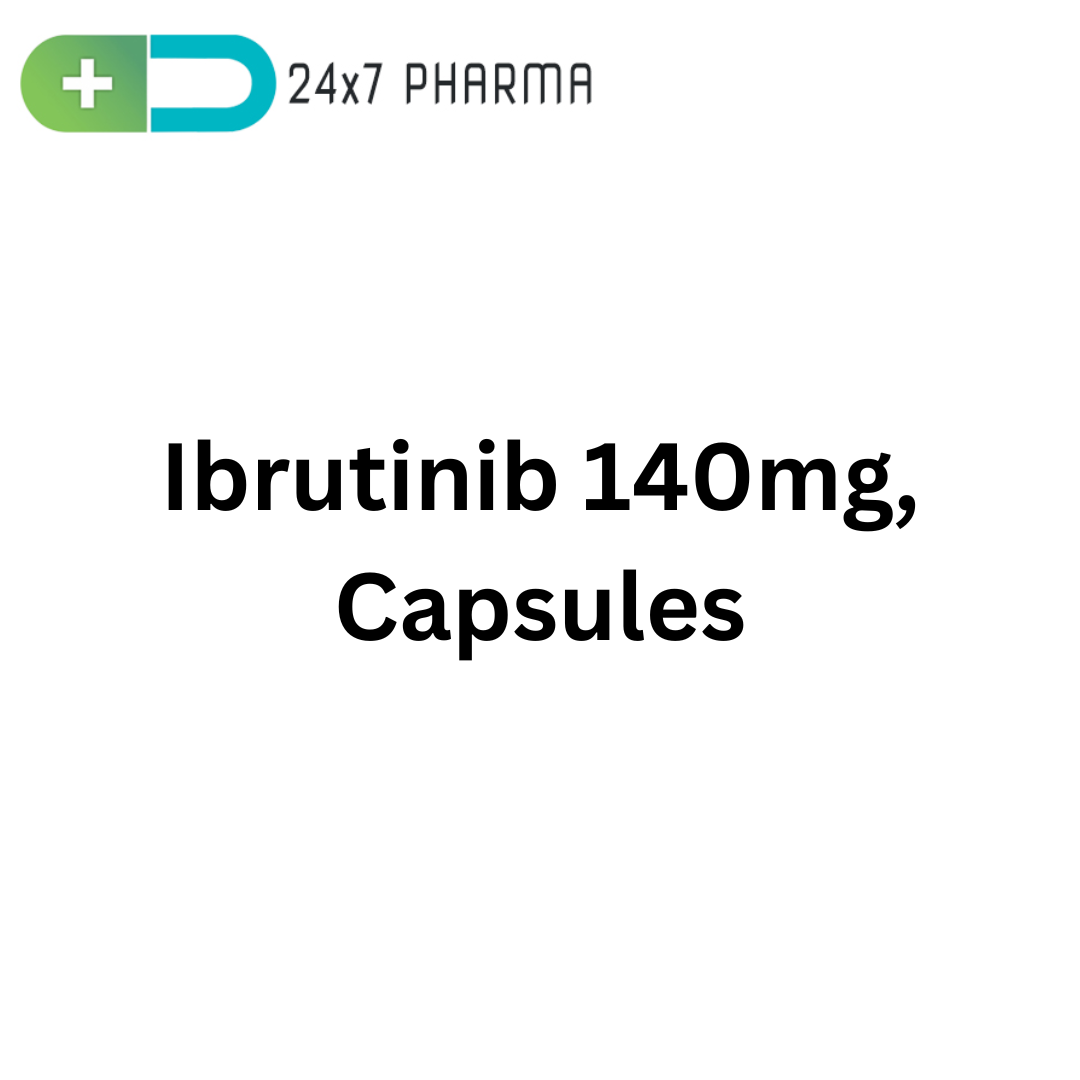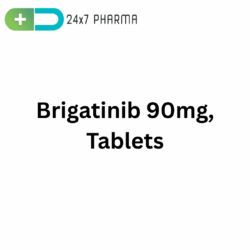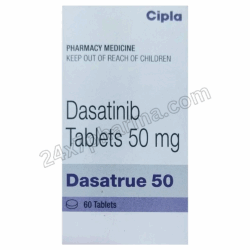LuciBru 140mg, Ibrutinib Tablets
Lucius Pharmaceuticals created the branded ibrutinib formulation known as LuciBru 140 mg. As an inhibitor of Bruton’s tyrosine kinase (BTK), ibrutinib is an oral drug. It is primarily utilized in the treatment of various B-cell malignancies, including chronic lymphocytic leukemia (CLL), mantle cell lymphoma (MCL), and Waldenström’s macroglobulinemia (WM).
what is Ibrutinib?
LuciBru 140 mg is a prescription cancer medicine that contains Ibrutinib, a targeted therapy drug used to treat certain types of blood cancers. It is a member of the group of drugs known as Bruton’s Tyrosine Kinase (BTK) inhibitors.
Mechanism of Action:
Ibrutinib exerts its therapeutic effects by irreversibly binding to the BTK enzyme, a crucial component in B-cell receptor signaling. This binding inhibits BTK’s activity, leading to reduced proliferation and survival of malignant B-cells. Additionally, ibrutinib interferes with other signaling pathways, contributing to its anti-cancer effects .
Indications:
LuciBru 140 mg is indicated for:
- Chronic Lymphocytic Leukemia (CLL)
- Small Lymphocytic Lymphoma (SLL)
- Mantle Cell Lymphoma (MCL)
- Waldenström’s Macroglobulinemia (WM)
- Marginal Zone Lymphoma (MZL)
- Chronic Graft-Versus-Host Disease (cGVHD)
Dosage and Administration:
Standard Dosage:
- For WM and CLL/SLL, 420 mg once daily is the suggested dosage.
- 560 mg once daily is the recommended dosage for MCL.
Management:
- It is recommended to take ibrutinib orally, either with or without food.
- Instead of chewing or crushing the tablets, they should be consumed whole.
Dosage Modifications:
- When used with potent CYP3A inhibitors, the dosage may need to be lowered to 140 mg per day.
- A dose of 280 mg per day may be necessary for moderate CYP3A inhibitors.
Side Effects:
Common adverse effects include:
- Diarrhea
- Fatigue
- Musculoskeletal pain
- Rash
- Upper respiratory tract infections
- Bruising or bleeding
Serious side effects may involve:
- Infections (e.g., pneumonia)
- Cardiac arrhythmias
- Hypertension
- Tumor Lysis Syndrome (TLS)
- Second primary cancers
Storage:
- LuciBru pills should be kept between 20°C and 25°C (68°F and 77°F) at room temperature.
- To keep it safe from moisture, keep the drug in its original container.
- Make sure children cannot get the medication.
Benefits:
- Targeted therapy with a novel mechanism of action.
- Oral administration offers convenience.
- Demonstrated efficacy in various B-cell malignancies.
- Potential for improved patient outcomes in relapsed or refractory cases.
Prescription:
LuciBru 140 mg is a prescription-only medication. It should be prescribed by a healthcare professional experienced in the use of anticancer therapies. Regular monitoring and assessment are essential during treatment.
Drug Interactions:
-
CYP3A Inhibitors:
Co-administration with strong CYP3A inhibitors (e.g., ketoconazole) may increase ibrutinib levels, necessitating dose adjustments .
-
CYP3A Inducers:
Drugs like rifampin may decrease ibrutinib levels, potentially reducing its efficacy.
-
Food Interactions:
Grapefruit and Seville oranges can increase ibrutinib concentrations and should be avoid .
FAQs:
What is LuciBru use for?
LuciBru treats blood cancers like CLL, MCL, WM, and cGVHD by targeting abnormal B-cells.
How does it work?
It blocks BTK enzyme, stopping cancerous B-cells from growing and surviving.
How should I take it?
Take once daily, with or without food. Swallow whole with water.
Can I take it with other meds?
Check with your doctor—some drugs can increase or decrease its effects.
Conclusion:
LuciBru 140 mg (ibrutinib) represents a significant advancement in the treatment of B-cell malignancies. Its targeted mechanism of action offers a promising option for patients, especially those with relapsed or refractory conditions. Like all drugs, though, it necessitates careful evaluation of possible adverse effects and drug combinations. Patients should engage in open communication with their healthcare providers to ensure optimal treatment outcomes.









